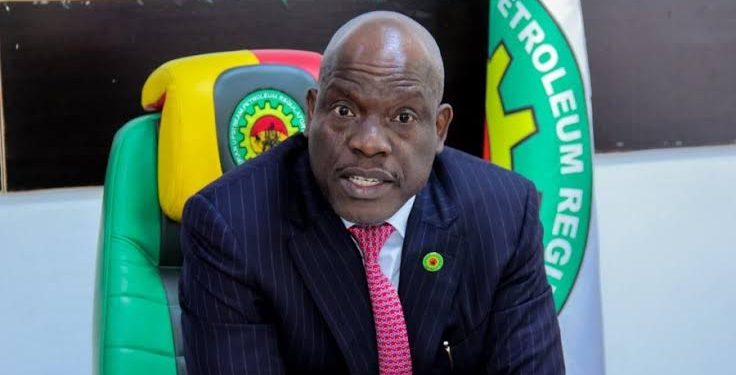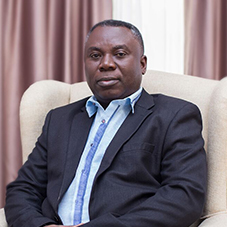The Federal Government has begun a large-scale verification of disputed and newly drilled crude oil and gas fields in the Niger Delta. The initiative is aimed at resolving ownership conflicts among states and improving fairness in revenue distribution from oil and gas production.
Speaking in Asaba, the Chairman of the Revenue Mobilisation Allocation and Fiscal Commission (RMAFC), Dr. Mohammed Shehu, explained that the exercise is required under the Nigerian Constitution. He noted that disputes involving states such as Anambra, Delta, and Imo have made it necessary to validate the exact locations of oil and gas assets, including the Aneize field in OML 143 and the Eyine and Ameshi fields.
According to him, the verification will cover wells drilled between 2017 and the present. The process will also expand to Rivers, Akwa Ibom, Bayelsa, Ondo, and Edo following complaints from their governors.
The RMAFC said geospatial data from the Nigerian Upstream Petroleum Regulatory Commission (NUPRC) will form the basis of the exercise. This data will be validated and plotted, with surveyors from affected states observing. The Inter-Agency Technical Committee (IATC), which includes the RMAFC, NUPRC, Office of the Surveyor General of the Federation, and National Boundary Commission, will oversee the assignment.
Dr. Shehu stressed that accurate data is crucial because it directly affects the 13 percent derivation fund due to oil-producing states. He described the effort as both strategic and proactive, pointing out that it addresses long-standing ownership disputes that have strained relationships among states.
Oil revenue remains central to Nigeria’s economy, and disputes over boundaries have often slowed development and created political tension in producing regions. By tackling the issue with a transparent and data-driven approach, the Federal Government hopes to reduce conflict, safeguard the federation account, and provide a stable foundation for future exploration and investment.
The RMAFC emphasized that the verification is not only about numbers and maps but about ensuring that oil-producing communities receive what is rightfully theirs. It is also a way of reinforcing public trust in how natural resources are managed and shared.










